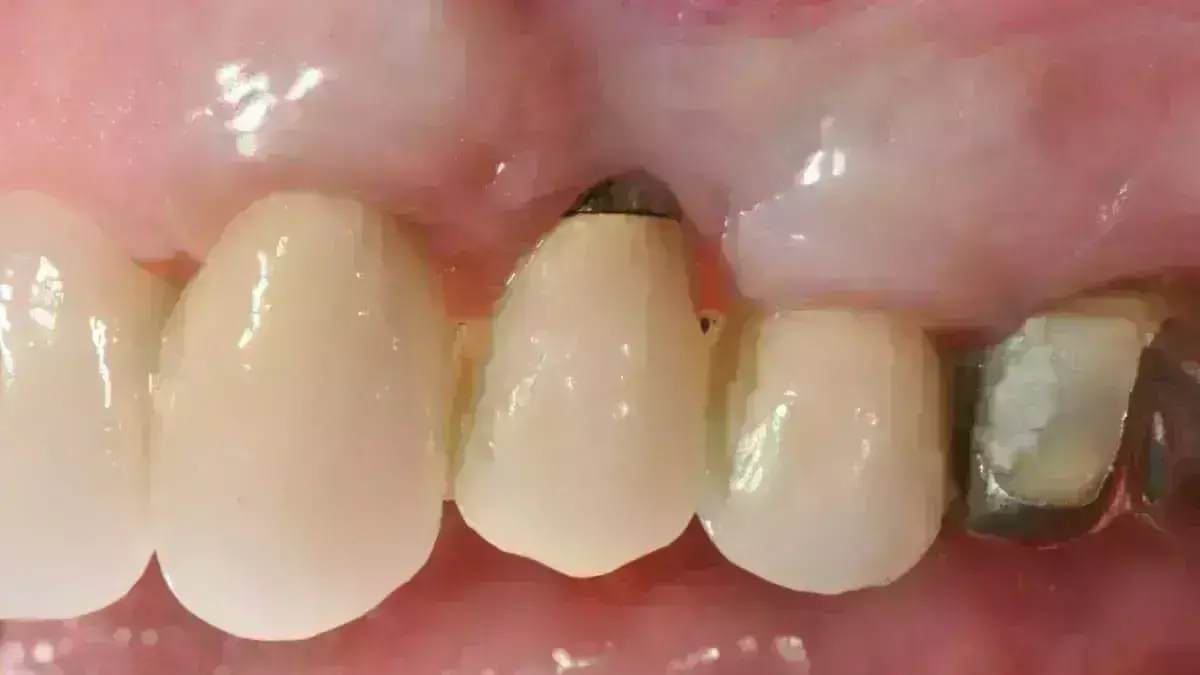- Home
- Medical news & Guidelines
- Anesthesiology
- Cardiology and CTVS
- Critical Care
- Dentistry
- Dermatology
- Diabetes and Endocrinology
- ENT
- Gastroenterology
- Medicine
- Nephrology
- Neurology
- Obstretics-Gynaecology
- Oncology
- Ophthalmology
- Orthopaedics
- Pediatrics-Neonatology
- Psychiatry
- Pulmonology
- Radiology
- Surgery
- Urology
- Laboratory Medicine
- Diet
- Nursing
- Paramedical
- Physiotherapy
- Health news
- Fact Check
- Bone Health Fact Check
- Brain Health Fact Check
- Cancer Related Fact Check
- Child Care Fact Check
- Dental and oral health fact check
- Diabetes and metabolic health fact check
- Diet and Nutrition Fact Check
- Eye and ENT Care Fact Check
- Fitness fact check
- Gut health fact check
- Heart health fact check
- Kidney health fact check
- Medical education fact check
- Men's health fact check
- Respiratory fact check
- Skin and hair care fact check
- Vaccine and Immunization fact check
- Women's health fact check
- AYUSH
- State News
- Andaman and Nicobar Islands
- Andhra Pradesh
- Arunachal Pradesh
- Assam
- Bihar
- Chandigarh
- Chattisgarh
- Dadra and Nagar Haveli
- Daman and Diu
- Delhi
- Goa
- Gujarat
- Haryana
- Himachal Pradesh
- Jammu & Kashmir
- Jharkhand
- Karnataka
- Kerala
- Ladakh
- Lakshadweep
- Madhya Pradesh
- Maharashtra
- Manipur
- Meghalaya
- Mizoram
- Nagaland
- Odisha
- Puducherry
- Punjab
- Rajasthan
- Sikkim
- Tamil Nadu
- Telangana
- Tripura
- Uttar Pradesh
- Uttrakhand
- West Bengal
- Medical Education
- Industry
Lack of keratinized tissue may be associated with higher risk of peri-implantitis

Lack of keratinized tissue may be associated with a higher risk of peri-implantitis suggests a new study published in the Scientific Reports
This study aimed to investigate the effect of the lack of keratinized mucosa on the risk of peri-implantitis, while also accounting for possible confounding factors. A literature search was conducted in PubMed and Scopus, including human studies that assessed the presence and width of keratinized mucosa in relation to the occurrence of peri-implantitis. Twenty-two articles were included, and 16 cross-sectional studies we meta-analyzed.
The prevalence of peri-implantitis was 6.68–62.3% on patient-level and 4.5–58.1% on implant-level. The overall analysis indicated that the lack of keratinized mucosa was associated with a higher prevalence of peri-implantitis
Similar results were shown when subgroup analyses were performed, including studies with a similar case definition of peri-implantitis fixed prostheses only, patients under regular implant maintenance, and studies adjusting for other variables
Thus, the lack of keratinized mucosa is a risk factor that increases the prevalence of peri-implantitis and should be accounted for when placing dental implants.
Reference:
Mahardawi, B., Jiaranuchart, S., Damrongsirirat, N. et al. The lack of keratinized mucosa as a risk factor for peri-implantitis: a systematic review and meta-analysis. Sci Rep 13, 3778 (2023). https://doi.org/10.1038/s41598-023-30890-8
Dr. Shravani Dali has completed her BDS from Pravara institute of medical sciences, loni. Following which she extensively worked in the healthcare sector for 2+ years. She has been actively involved in writing blogs in field of health and wellness. Currently she is pursuing her Masters of public health-health administration from Tata institute of social sciences. She can be contacted at editorial@medicaldialogues.in.
Dr Kamal Kant Kohli-MBBS, DTCD- a chest specialist with more than 30 years of practice and a flair for writing clinical articles, Dr Kamal Kant Kohli joined Medical Dialogues as a Chief Editor of Medical News. Besides writing articles, as an editor, he proofreads and verifies all the medical content published on Medical Dialogues including those coming from journals, studies,medical conferences,guidelines etc. Email: drkohli@medicaldialogues.in. Contact no. 011-43720751


